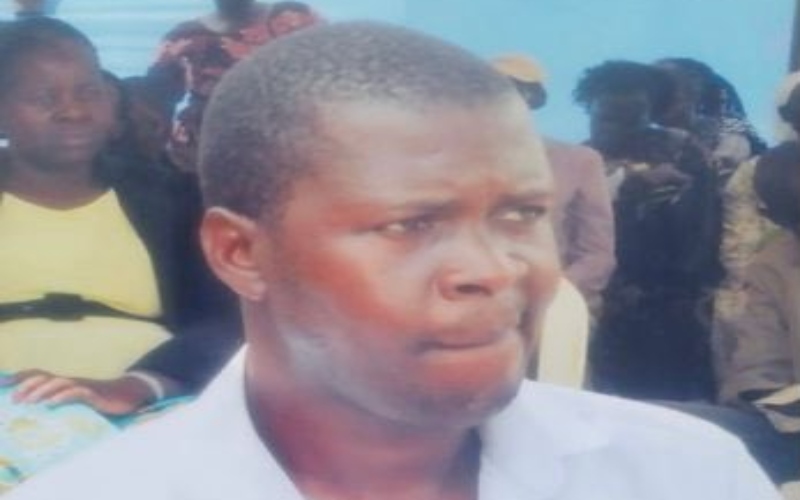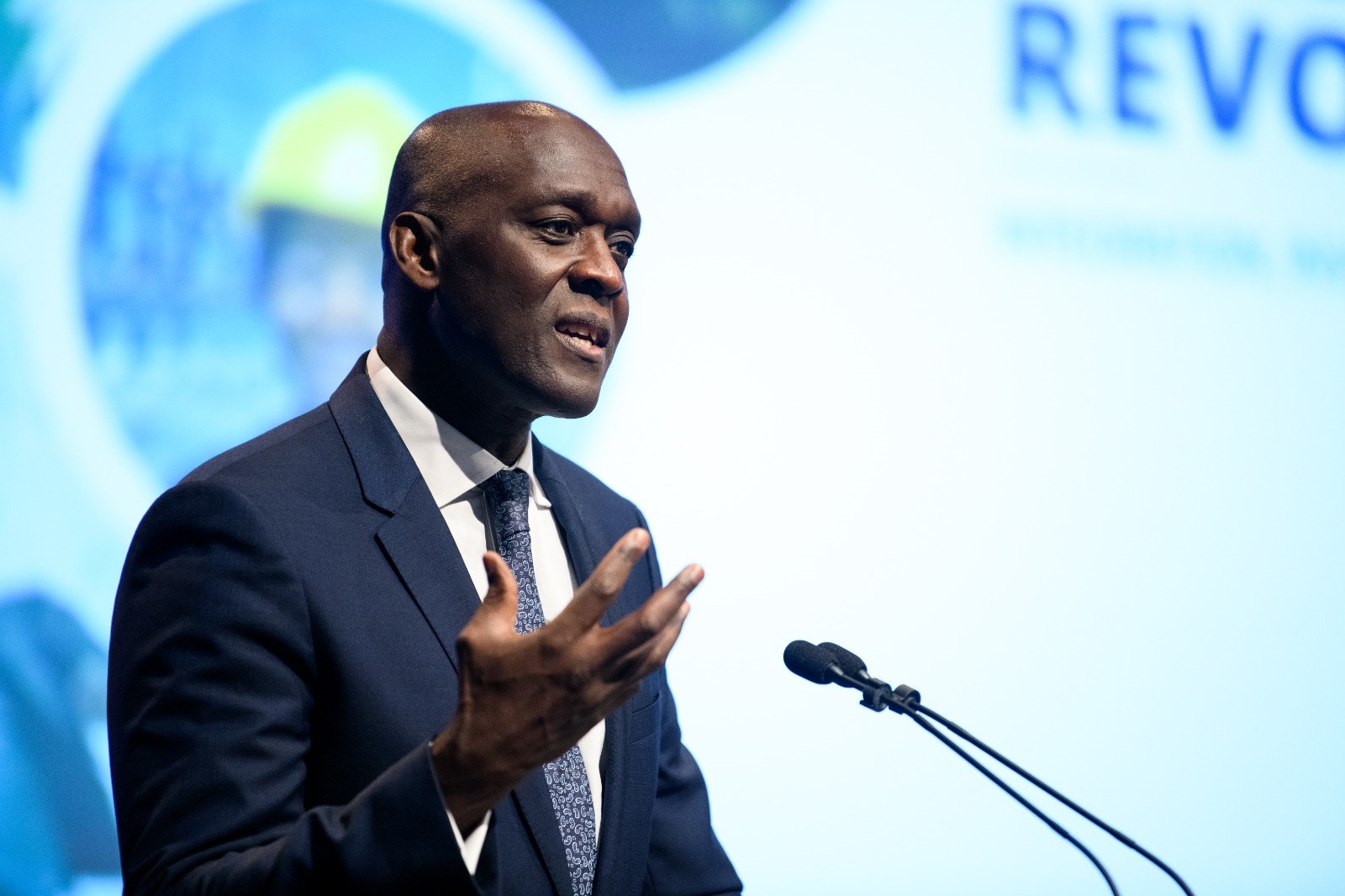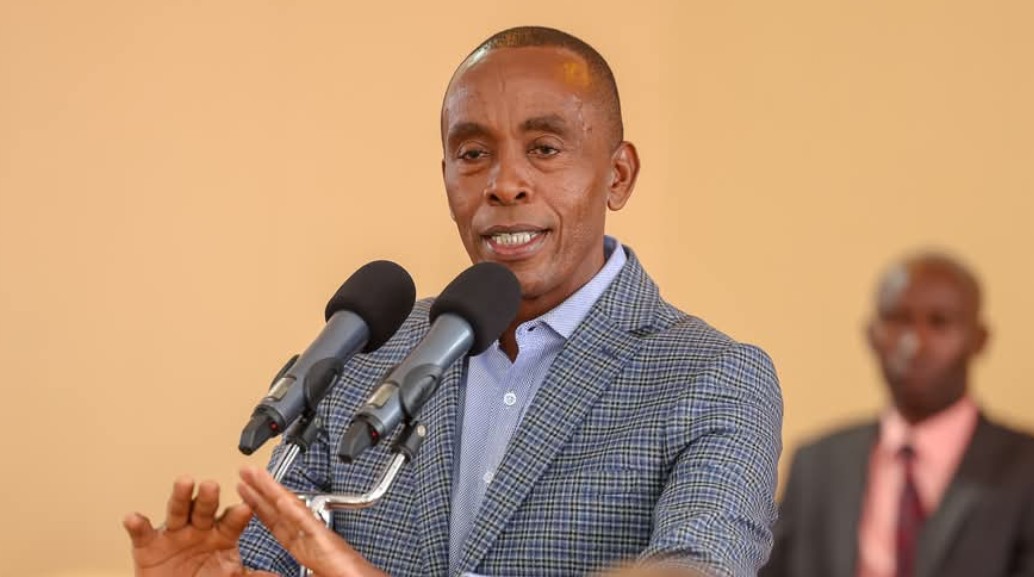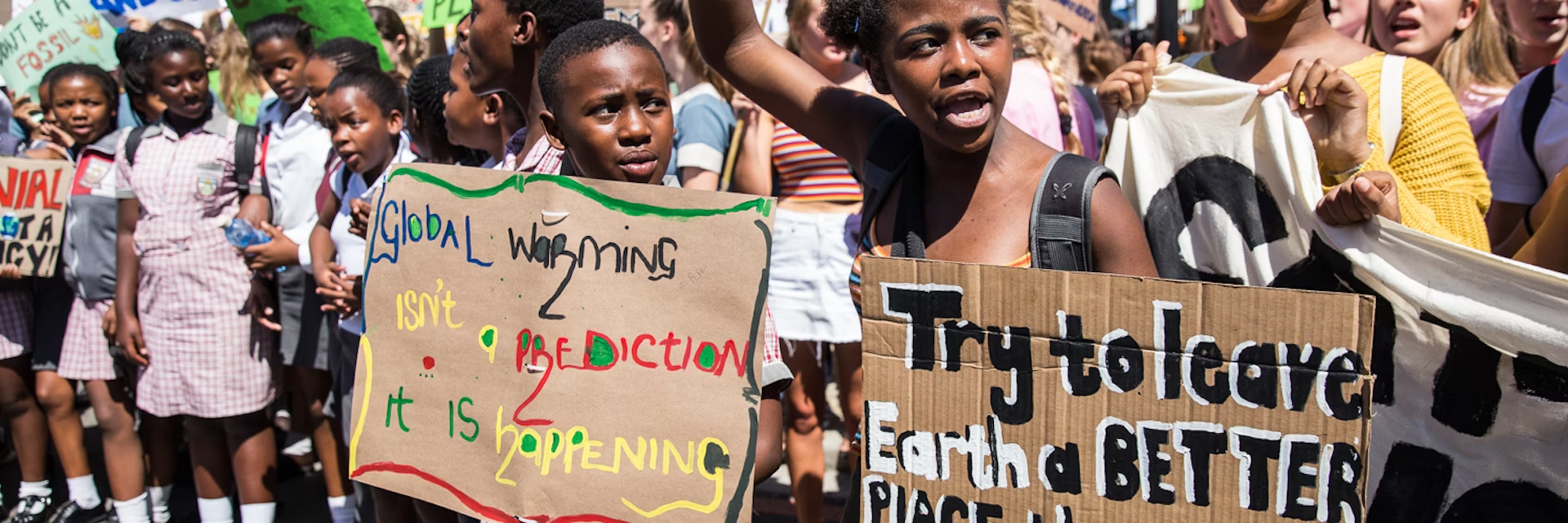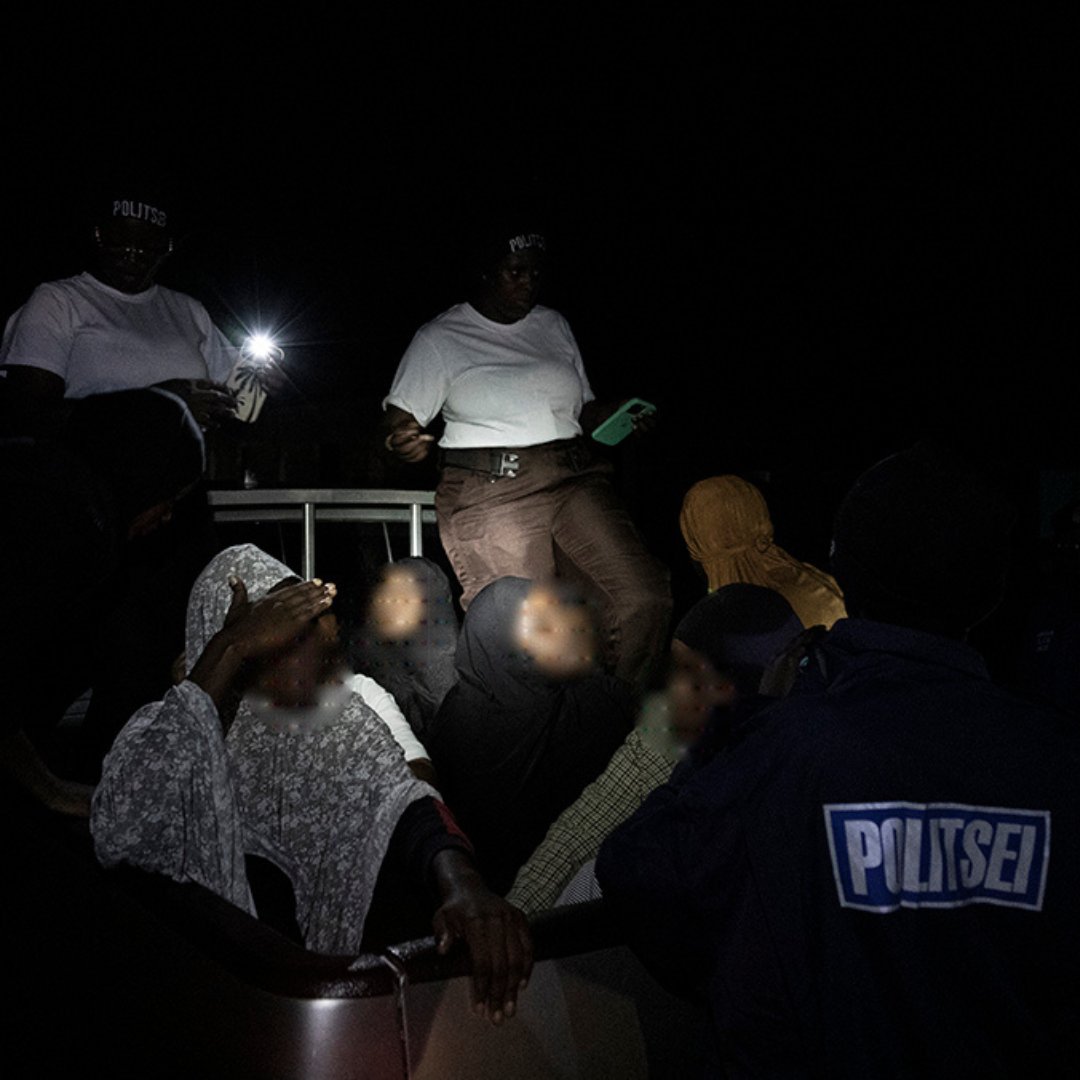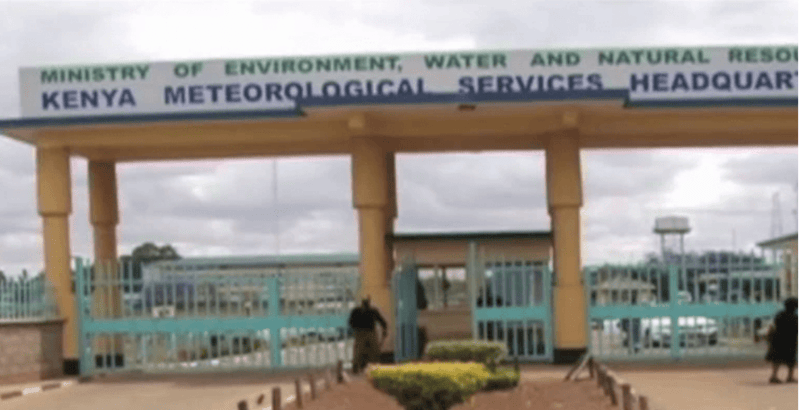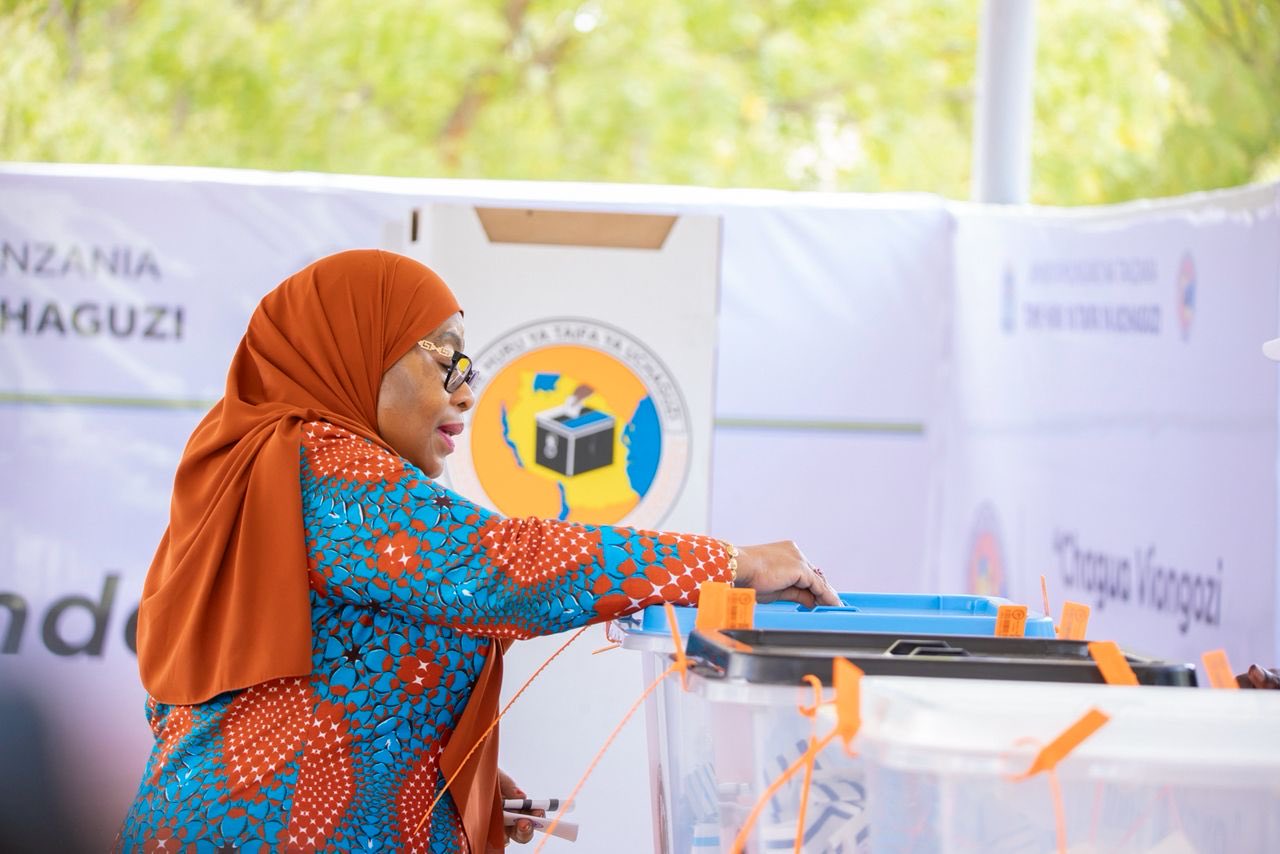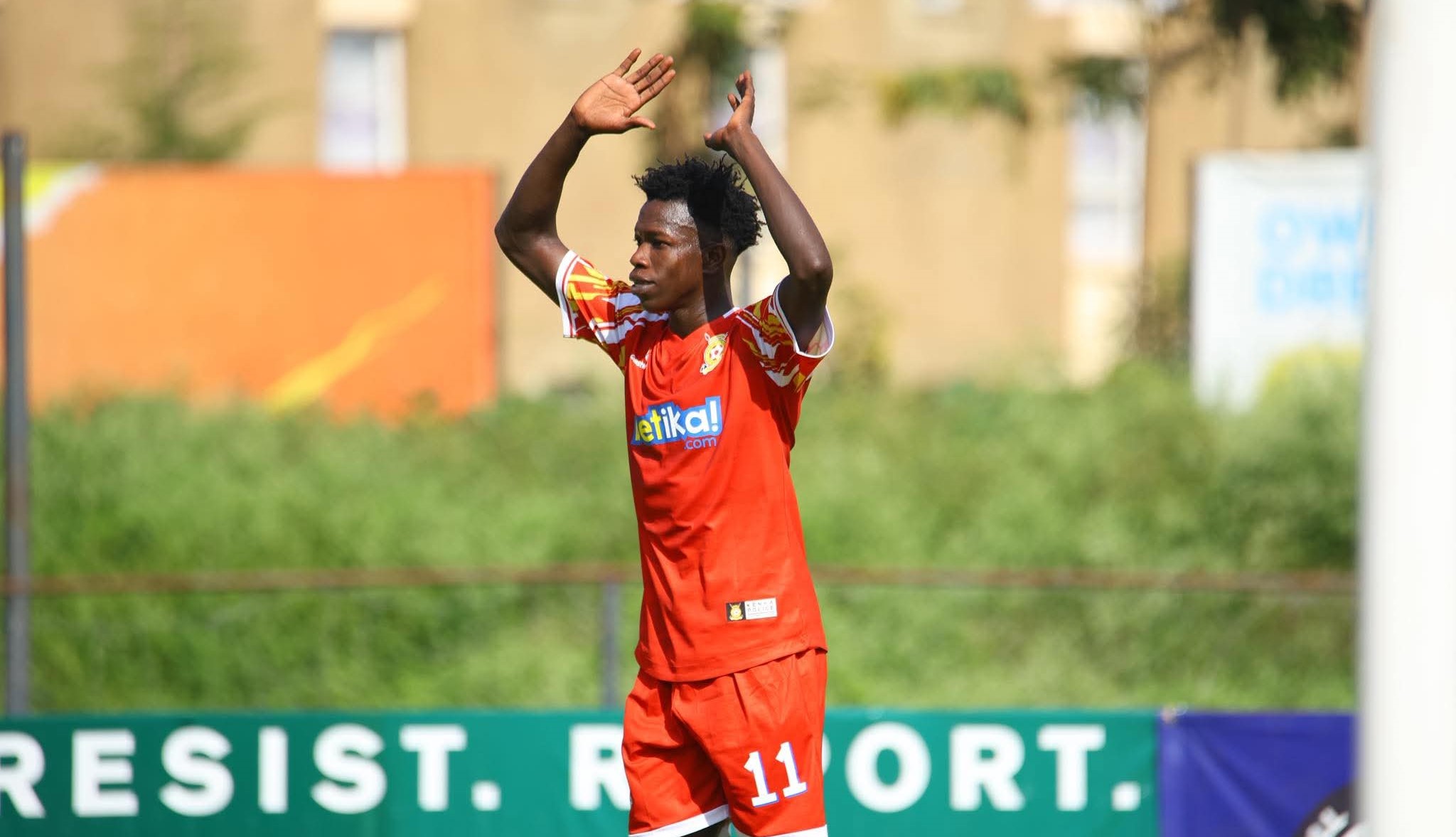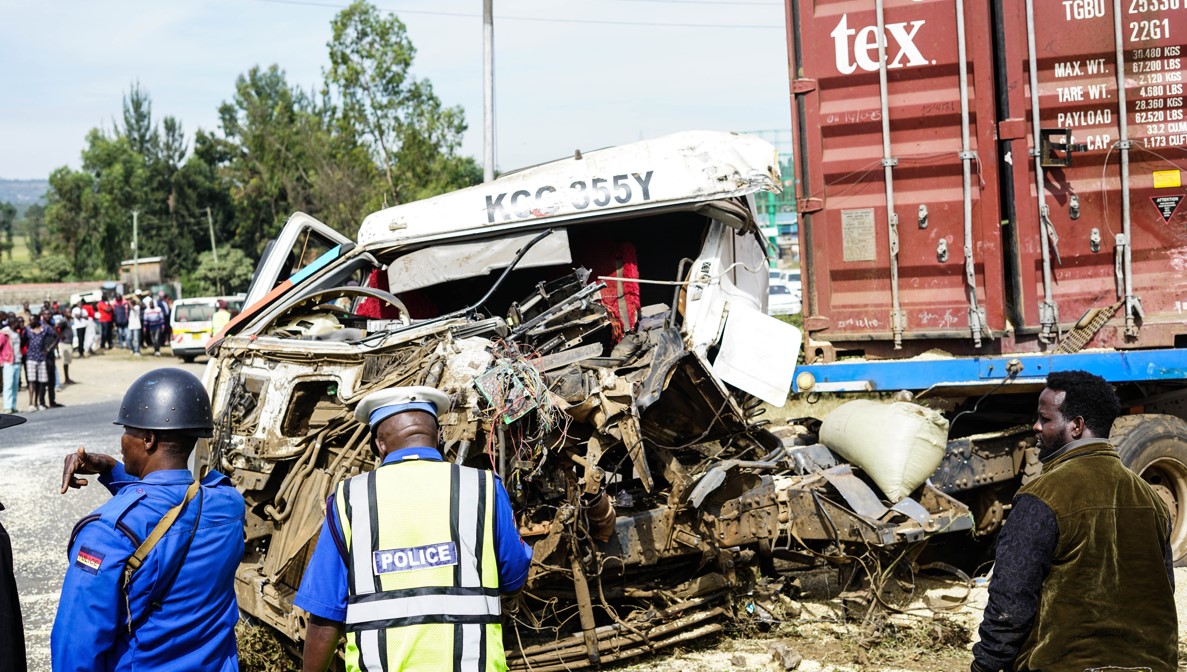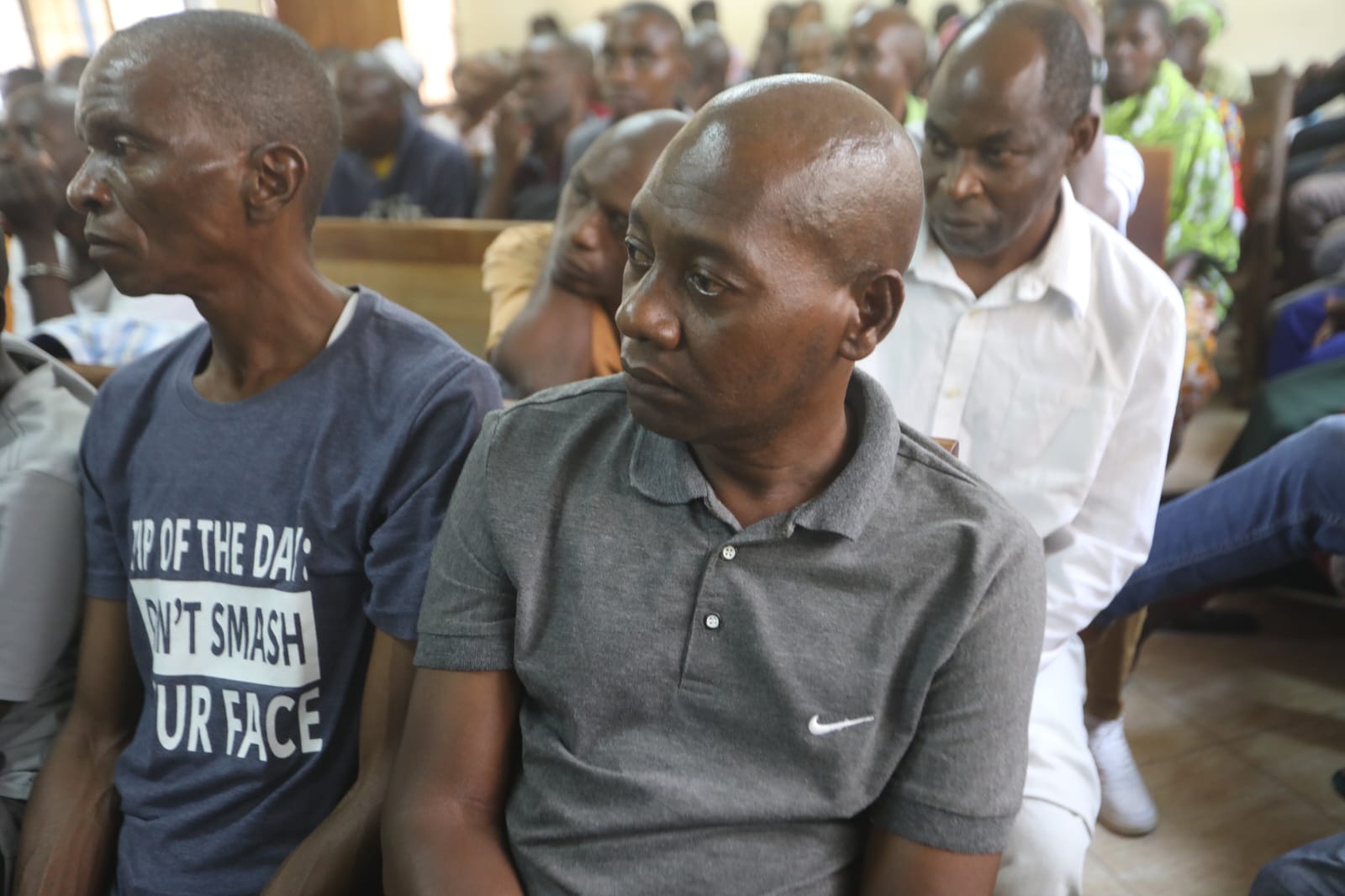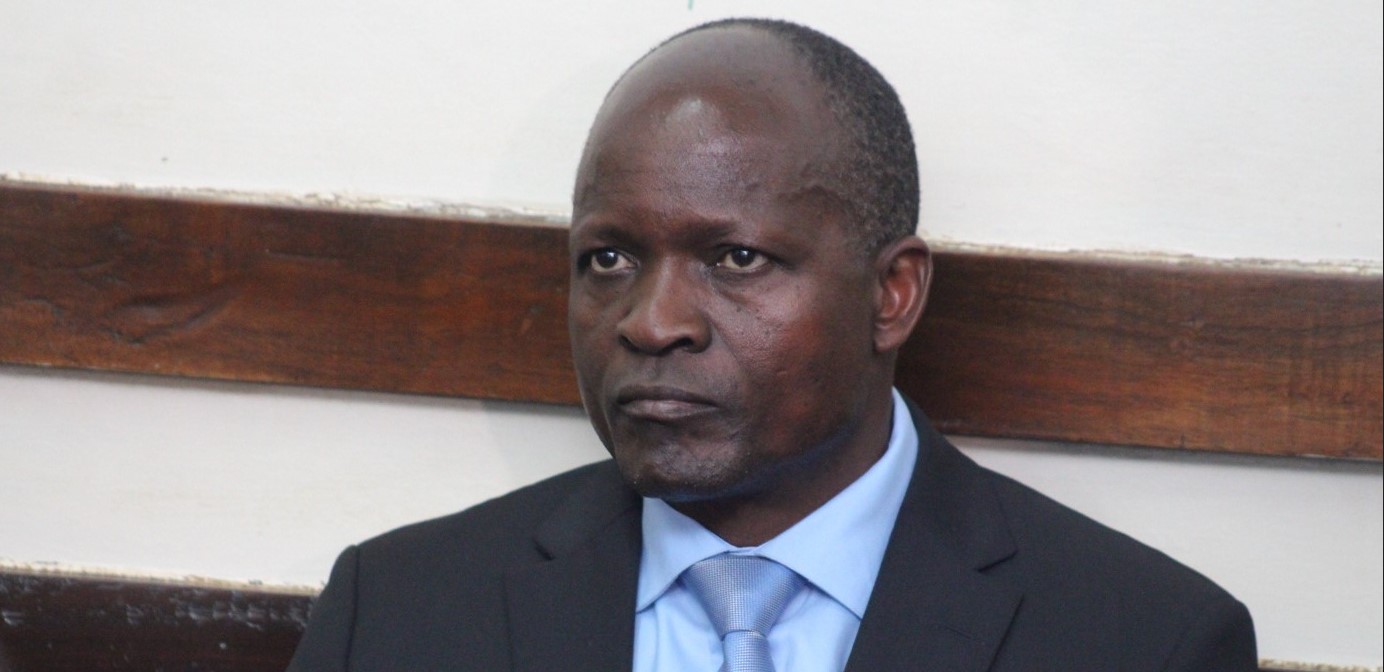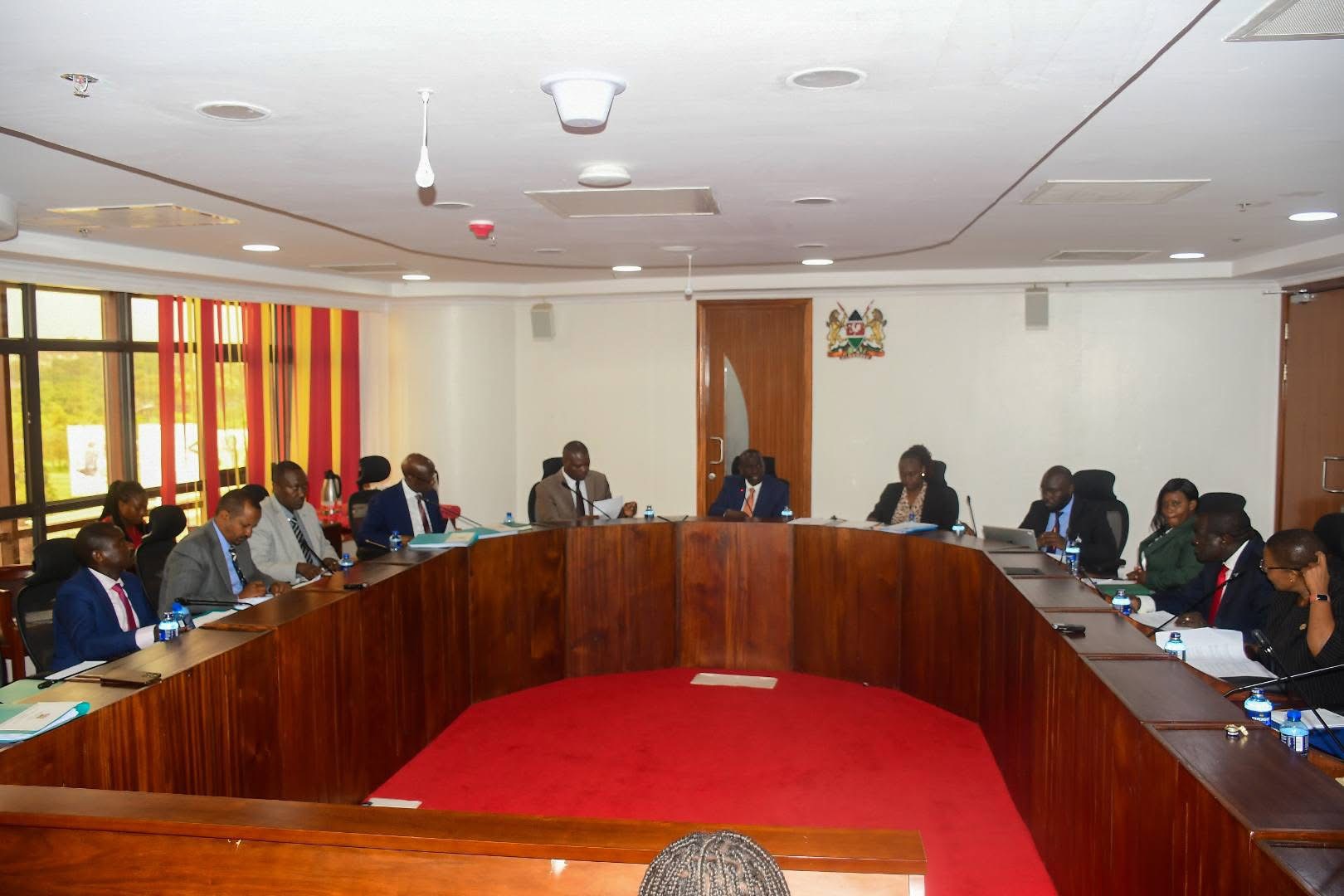Three-month strike at Moi University ends as staff sign return-to-work deal

UASU Secretary General Constantine Wasonga expressed optimism after the deal was signed, noting that while not all the workers' demands were met, the agreement represents a significant step forward.
After three months of disrupted academic activities, the strike at Moi University has come to an end.
The Universities Academic Staff Union (UASU), along with the Kenya Universities Staff Union (KUSU) and the Kenya Union of Domestic, Hotels, Education Institutions, and Allied Workers Union (KUDHEIHA), have signed a return-to-work deal, which will see over 3,000 workers, including more than 900 lecturers, resume their duties at the university.
More To Read
- Moi University lecturers call off three-week strike after breakthrough talks with management
- Moi University strike enters third week as lecturers allege dismissal threats
- Moi University lecturers demand Sh9 billion in arrears to end strike
- Moi University assures students of continuity amid looming UASU strike
- Moi University to sell German Shepherd dogs at Sh40,000, donkeys, bulls in fresh bid to ease cash crisis
- Moi University staff cry foul over job cuts and unpaid deductions
The signing ceremony took place on Saturday, with Education Cabinet Secretary Julius Migos Ogamba and Principal Secretary for Higher Education Beatrice Inyangala present.
The state officials witnessed the deal's finalisation, which includes a government pledge to immediately release Sh500 million to address the university's financial woes.
The deal aims to end a prolonged period of industrial action that has left the university's operations at a standstill.
The strike began in August, with lecturers and staff protesting poor working conditions and accusing Moi University's management, particularly Vice Chancellor Isaac Kosgey, of mismanagement.
Despite the national lecturers' strike being resolved in late November, the situation at Moi University had remained unresolved, leading to continued unrest.
UASU Secretary General Constantine Wasonga expressed optimism after the deal was signed, noting that while not all the workers' demands were met, the agreement represents a significant step forward.
"To the workers, let's go back to work on Monday, and although we did not get all that we wanted, at least we got something. Even the tail is meat," he said, urging staff to return to campus and work towards recovering the lost time in academic programmes.
EDUCATION Cabinet Secretary Julius Migos Ogamba and PS Higher Education and Research Dr. Beatrice Inyangala, today took part in the signing of the Return-to-Work Formula(RTWF) agreement between Moi University and the staff unions - UASU and KUSU. pic.twitter.com/zTRsJPOqlg
— Ministry of Education, Kenya (MoE) (@EduMinKenya) November 30, 2024
The staff's grievances were addressed in part through a commitment from the government to provide a clear roadmap to resolve the university's financial crisis, including the potential for further funding beyond the initial Sh500 million.
"The government has given us hope," Wasonga added.
Dire situation
Education CS Julius Ogamba expressed relief at the breakthrough, acknowledging that the situation at Moi University had become dire.
He noted that the university had been "on its deathbed" and that corrective measures were already in motion, including a restructuring of the university's management.
"We will also closely monitor all the public universities so that we do not get to situations like the one we have at Moi University," Ogamba said, stressing that the root of the crisis lay in poor governance and decision-making by the university's leadership.
VC Isaac Kosgey, who has faced intense criticism throughout the strike, vowed that the university would work diligently to restore its reputation.
He highlighted the university's plans to hold a graduation ceremony in December for over 6,000 students, reaffirming the institution's commitment to offering quality education.
Council Chairman Humprey Njuguna admitted that the university had suffered a significant blow to its image, but promised that the university would regain its standing.
"I promise you that we will turn around this university moving forward. Let's forgive each other because of the differences we have had so that we move forward," Njuguna said.
The dispute between the workers and university management had escalated into widespread protests, with both students and staff demonstrating against the leadership.
In response, the university had temporarily closed its doors and issued suspension letters to over 1,000 academic staff for failing to report to work.
Additionally, Vice Chancellor Isaac Kosgey was summoned by the Ethics and Anti-Corruption Commission (EACC) for questioning over alleged corruption involving Sh2 billion in university projects.
The crisis at Moi University also captured the attention of President William Ruto, who blamed internal governance failures for the situation.
"The challenges in Moi University are related to internal administrative and governance issues which I have given firm instructions that should be addressed," he said, signalling that the university's leadership would be held accountable for the turmoil.
Despite the setbacks, PS Beatrice Inyangala offered a hopeful message to the students, assuring them that the strike would be viewed as a "minor setback" and that the university would emerge stronger in the long run.
"This university will emerge stronger, and we will work together to restore its former glory," she said.
Top Stories Today
